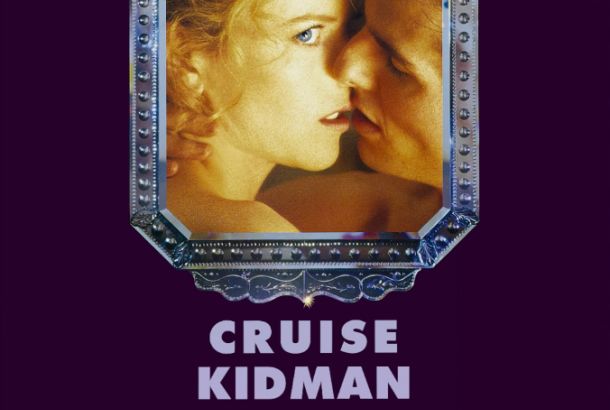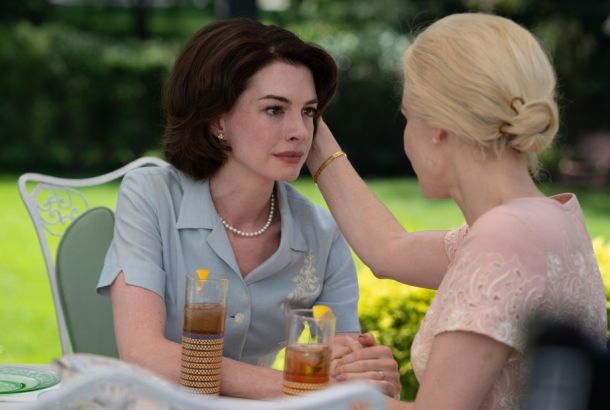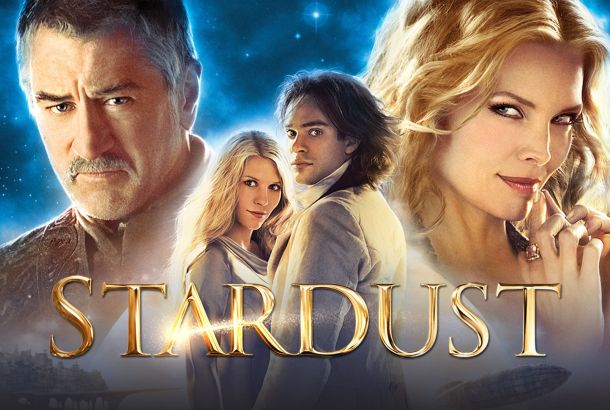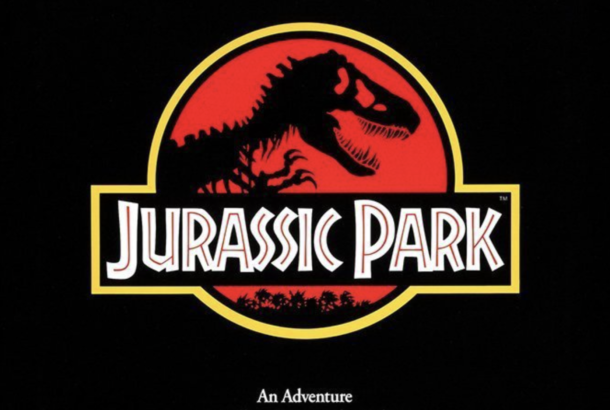Napoleon review: An absurdly vacuous account of a legendary figure
By evanmeikle
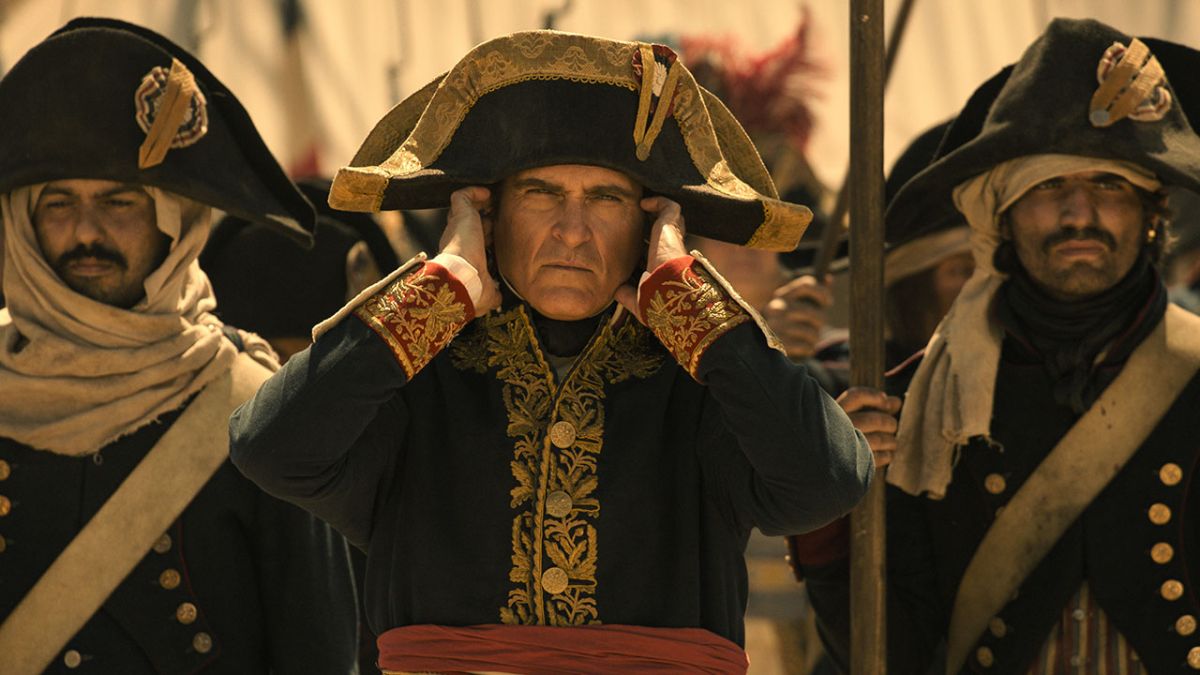
Joaquin Phoenix plays a bizarre yet intriguing Napoleon in this two-and-a-half-hour epic recounting his historic rise and fall from young military general to Emperor and eventual exile. Nevertheless, Phoenix’s committed performance isn’t quite enough to save the film from a second-rate screenplay whose central character was not written as Napoleon Bonaparte.
Instead, we are presented with a version of the much-celebrated and equally abhorred general who grunts and stamps his foot for sex and childishly screams when things don’t go his way. These moments of individuality are then paired jarringly with dramatically heroic montages of his continent-scaling conquests.
Consequently, neither extreme of his identity is particularly convincing. This is due, in large part, to the complete absence of any character arc. His confidence in leadership and battle does not evolve or change. His relationship with his wife and lover Josephine (Vanessa Kirby) is persistently fraught and melodramatic, and his sense of self-importance and destiny is enthusiastically espoused from the offset.
There is, in many ways, no real journey for this film to go on aside from a linear accounting of dubiously accurate historical events. Thus, the capacity for audience investment is severely limited and the possibility of a successfully intriguing Napoleon is nigh on impossible.
Nevertheless, I thought that Vanessa Kirby was fantastic in capturing the hopelessly trapped figure of Josephine, a character presented as held in flux between her impossible love for Napoleon and her desire for agency. It’s a wonderful performance which is unfortunately undermined by an equally egregious misrepresentation of the true figure of Josephine. Instead, the film prefers to perpetuate the cinematic tropes consistent with wives of powerful men.
The real Josephine was six years senior to her husband, a fact which tragically resulted in her expulsion from court and the dissolution of their marriage. She is reformed in the film as a stereotypically flawed woman, evidently considerably junior to Phoenix’s Napoleon, whose ‘femme fatale’ lifestyle and mysterious inability to bear the Emperor an heir is what ousts her from power.
In truth, when Ridley Scott began his campaign against the critiques by historians regarding the film’s inaccuracy, it made me only more eagerly anticipate its release. I was specifically enthused to see how the typical grandeur of Scott’s historical epics would impress upon perhaps the greatest story of historical military conquest. However, it is abundantly clear that he had zero intention for the cinematic spectacle or the march of charging cavalry to get slowed down in the mire of such a tedious thing as historical accuracy.
The film also falls short cinematically, producing moments of spectacle that fall pathetically flat in a paradox of their own pomposity. The incomprehensible scale of both the on-screen battles and the physical journeys of the Napoleonic wars leaves a feeling of alienation from the drama. Even the logistical marvel of the battle sequences loses its charm as they quickly become repetitively numb spectacles that feel meaningless in a barely legible context. Optimistically, one could justify this rapid pacing as a narrative representation of Napoleon’s own hurried ambition, however even this isn’t enough to excuse the visual mediocrity.
Instead of the well-established tactical genius of Napoleon, the battles presented are frequently unremarkable, mostly reliant on an obsessive use of cannon fire. The vast majority of the character’s involvement in these scenes is reduced down to a wave of the hand and the plugging of his own ears – hardly fulfilling the transgenerational reputation of military brilliance.
It seems that in translating the epically egotistic story of Napoleon Bonaparte to screen it was in fact the ego of the director himself who halted the picture from achieving anything progressive or intriguing. What could have amounted to a momentous spectacle of action and historical intrigue is instead a partial recounting of Napoleon that returns to archaic gender tropes and presents bizarre characters with mediocre action sequences to match. Above all, it fails in its classification as a biopic.
Whilst Ridley Scott might boast to reporters that he has made four movies in the time between Scorsese’s last two, I think that is safe to say whose reputation has suffered greater in the last four years.
2/5
